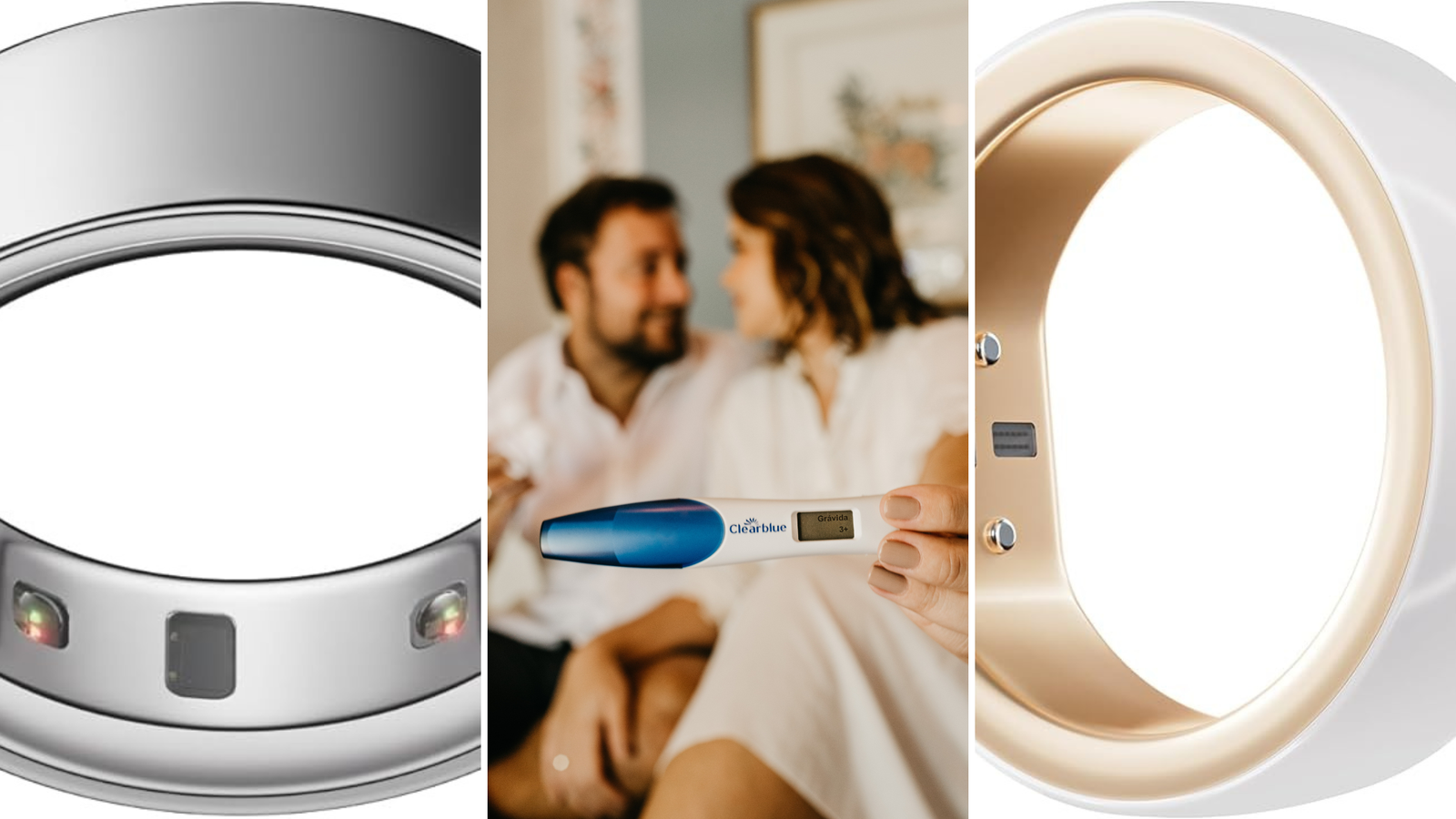What to Do Next?
If you suspect implantation bleeding and think you might be pregnant, here are some steps to consider:
- Take a Pregnancy Test: Wait until a few days after your expected period for the most accurate results. Early detection tests can sometimes work sooner, but waiting can prevent false negatives.
- Monitor Your Symptoms: Keep track of any additional symptoms that develop. Early pregnancy signs can include fatigue, nausea, breast tenderness, and frequent urination.
- Consult a Healthcare Professional: If you’re unsure or have any concerns, it’s always best to speak with a healthcare provider. They can offer personalized advice and confirm a pregnancy with a blood test.
FAQs: Menstrual or Implantation Bleeding Quiz
1. How do I know if I'm having a period or implantation bleeding?
Distinguishing between a period and implantation bleeding can be challenging, but there are key differences:
- Timing: Implantation bleeding typically occurs 6-12 days after conception, around the time of the expected period but usually earlier.
- Duration: Implantation bleeding is shorter, often lasting a few hours to a couple of days, while a menstrual period lasts 3-7 days.
- Flow: Implantation bleeding is usually lighter than a period, often presenting as spotting or light bleeding.
- Color: Implantation bleeding tends to be lighter in color, ranging from light pink to dark brown, whereas menstrual blood is usually bright to dark red.
2. How to tell the difference between implantation bleeding and old period blood?
- Color: Implantation bleeding is typically light pink or brown. Old period blood can be brownish as it is blood that has taken longer to exit the body.
- Consistency: Implantation bleeding is generally lighter and more watery without clots, while old period blood may be thicker and could include clots.
- Timing: Implantation bleeding occurs around 6-12 days after conception, which is generally earlier than when a period would start.
For more details, visit Health.com.
3. Can you mistake implantation bleeding for a period?
Yes, it is possible to mistake implantation bleeding for a period because the symptoms can be similar. However, implantation bleeding is usually lighter and shorter in duration than a regular period. It also tends to be pink or brown rather than the bright red of menstrual blood. If there is any doubt, taking a pregnancy test can help clarify.
4. How do you know if your period is coming or you're pregnant?
- Timing and Symptoms: If your period is late and you have symptoms like nausea, breast tenderness, or fatigue, you might be pregnant.
- Bleeding: Light spotting could indicate implantation bleeding if it occurs around 6-12 days after conception.
- Pregnancy Test: The most reliable way to determine if you're pregnant is by taking a home pregnancy test after a missed period.
5. Does implantation bleeding smell like period?
Implantation bleeding typically does not have a strong odor. Menstrual blood can sometimes have a mild odor due to the presence of bacteria and the shedding of the uterine lining. If the bleeding has a strong or unpleasant smell, it is more likely to be associated with menstruation or another condition that should be checked by a healthcare provider.
6. When does pregnancy spotting start?
Pregnancy spotting, or implantation bleeding, usually starts 6-12 days after conception. This occurs as the fertilized egg attaches itself to the lining of the uterus, causing light bleeding or spotting.
7. When does the period start after spotting?
If the spotting is related to a menstrual cycle, it often occurs just before the period starts. The spotting can be a sign that the period is about to begin and typically transitions into a regular menstrual flow within a few days. However, if the spotting is due to implantation, it will not be followed by a period.
8. Did anyone have implantation bleeding like a period?
Some women report experiencing implantation bleeding that resembles a light period. This can include light to moderate bleeding that may last for a couple of days. However, it is generally lighter and shorter than a typical menstrual period. If there is uncertainty, a pregnancy test can help determine if the bleeding was due to implantation.
Reference
- Jeanmonod R, Skelly CL, Jenkins SM, et al. Vaginal Bleeding. [Updated 2023 Nov 13]. In: StatPearls [Internet]. Treasure Island (FL): StatPearls Publishing; 2024 Jan-. Available from: https://www.ncbi.nlm.nih.gov/books/NBK470230/
- Mikolajczyk RT, Louis GM, Cooney MA, Lynch CD, Sundaram R. Characteristics of prospectively measured vaginal bleeding among women trying to conceive. Paediatr Perinat Epidemiol. 2010 Jan;24(1):24-30. doi: 10.1111/j.1365-3016.2009.01074.x. PMID: 20078826; PMCID: PMC3422651.
- Health.com. (2022). Implantation Bleeding vs. Period: How to Tell the Difference. Retrieved from https://www.health.com/implantation-bleeding-vs-period-8665982.


